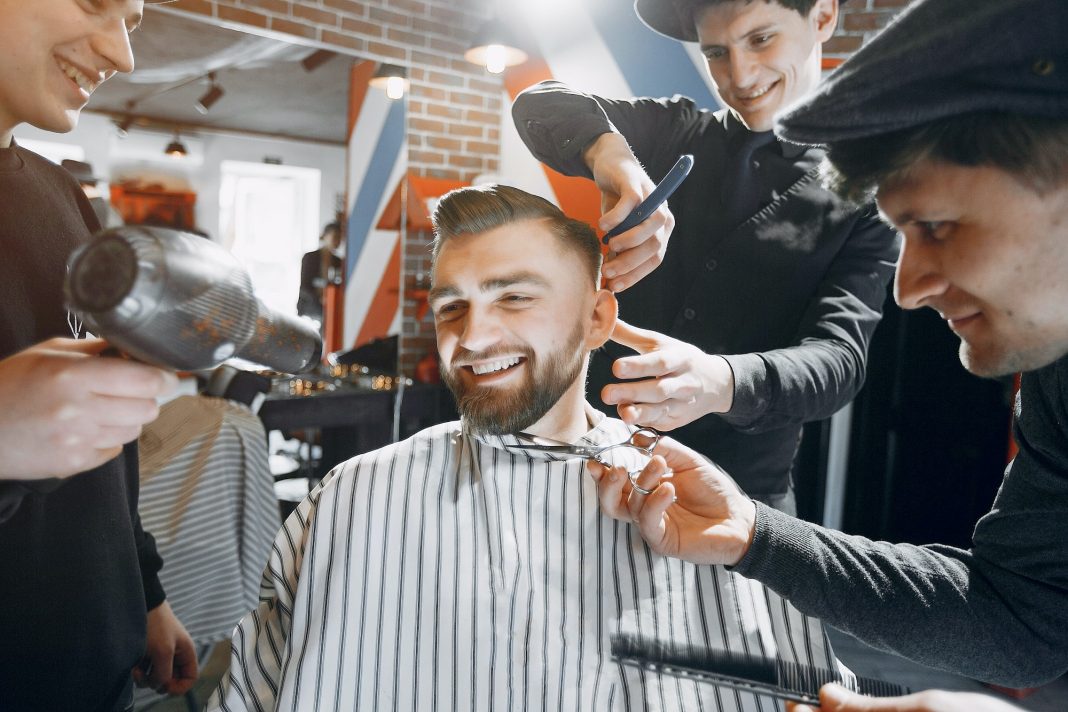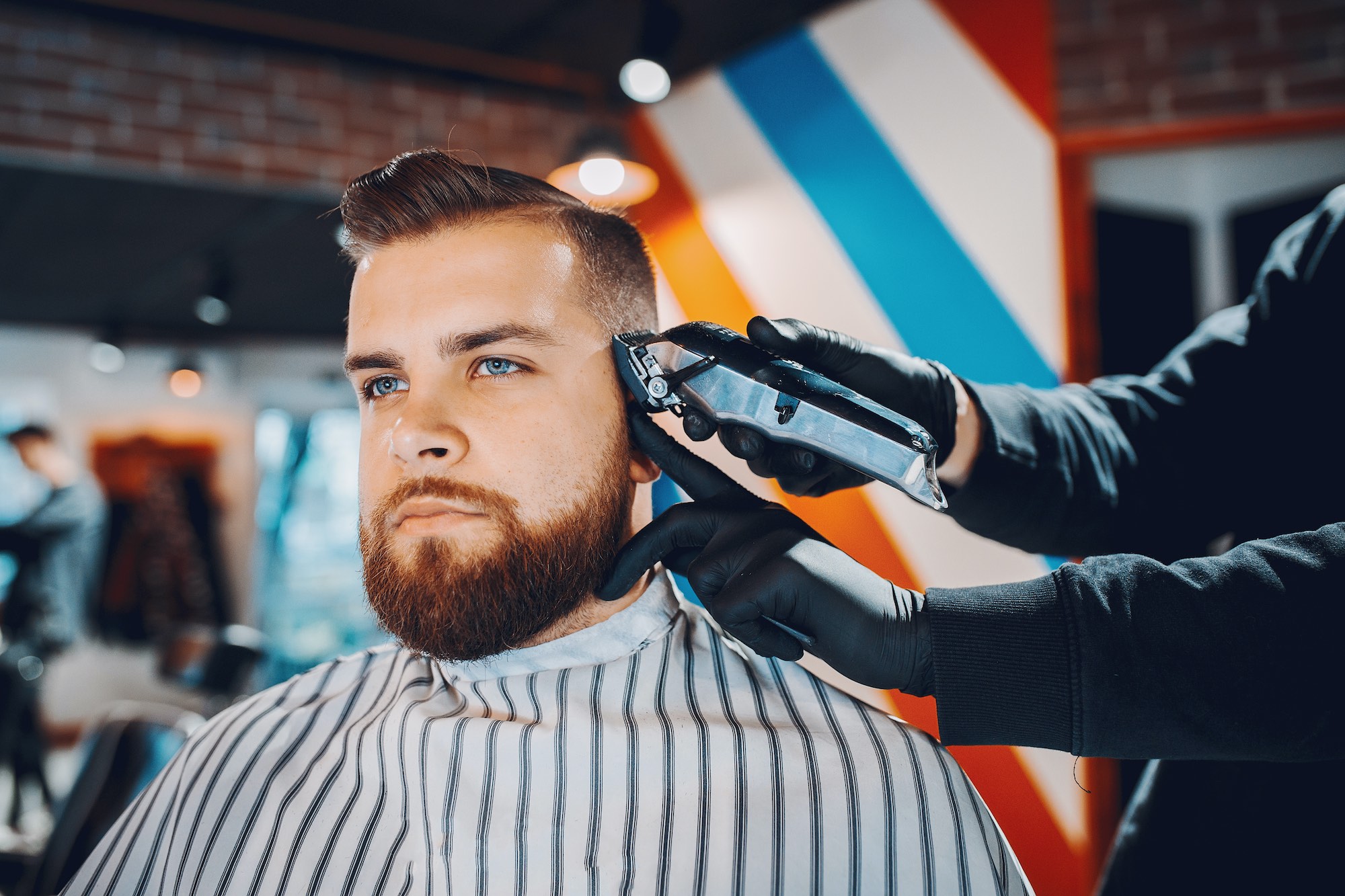We all have our ideas of what constitutes good hair care. The only issue is that so much of what we think we know about healthcare is nothing but hearsay. In some cases, you might end up damaging your hair because of crucial mistakes. Here are some of the biggest hair care myths you should stop believing right now.
Natural Automatically Means Better
Natural shampoos like Nature Queen are some of the most loved on the market, as attested by nature queen shampoo. This is why it’s important that you don’t only pick a product that is free of chemicals but will actually work for your hair.
Some natural shampoos could end up weighing down your hair or make it excessively oily. So, we suggest you look at as many reviews as you can, look at the ingredients, know your own hair type, and ask for advice from people who have the same type of hair as yours.
Cutting Hair Makes it Grow Faster
This is probably one of the strangest, yet most widespread myths about hair. Hair grows from your follicles and cutting it has nothing to do with the roots. Also, a lot of it has more to do with genetics.
If you want your hair to grow, you have to go to the root and look at your nutrition. Make sure that your scalp is free of bacteria and excess oil by using an antibacterial, clarifying shampoo. Especially if you use a lot of products. Keep your hair and scalp hydrated, and don’t use heavy greasy products that could clog your follicles.
You also have to stimulate blood flow to the scalp. This can be done by using a product containing castor oil or caffeine. Caffeine increases blood flow and castor oil is known for stimulating follicles. You also want to make sure that your diet is high in Vitamin E, D, A, and C, as well as Zinc and Biotin.
Cold Water Makes Hair Shinier
This is also a widespread belief, but there is actually no real evidence that cleaning or finishing your hair care routine with cold water will make your hair shinier. However, one thing you should do is make sure that you direct that water flow away from the scalp. What this will do is avoid pressure on the scalp and make sure that more of your conditioner stays in the hair.
Oily and Thin Hair Should not be Conditioned
Oily hair is not caused by conditioning, but by excess sebum production on the scalp. And thin hair is genetic more than anything. If you want to treat oily hair, go with a clarifying conditioner and focus on the ends. If you have thin hair, a volumizing conditioner could actually help.
Conclusion
Now that we’ve dispelled some of the most common myths about hair care, make sure that you revise your routine and that you make the proper adjustments today. You might be surprised by the results.








